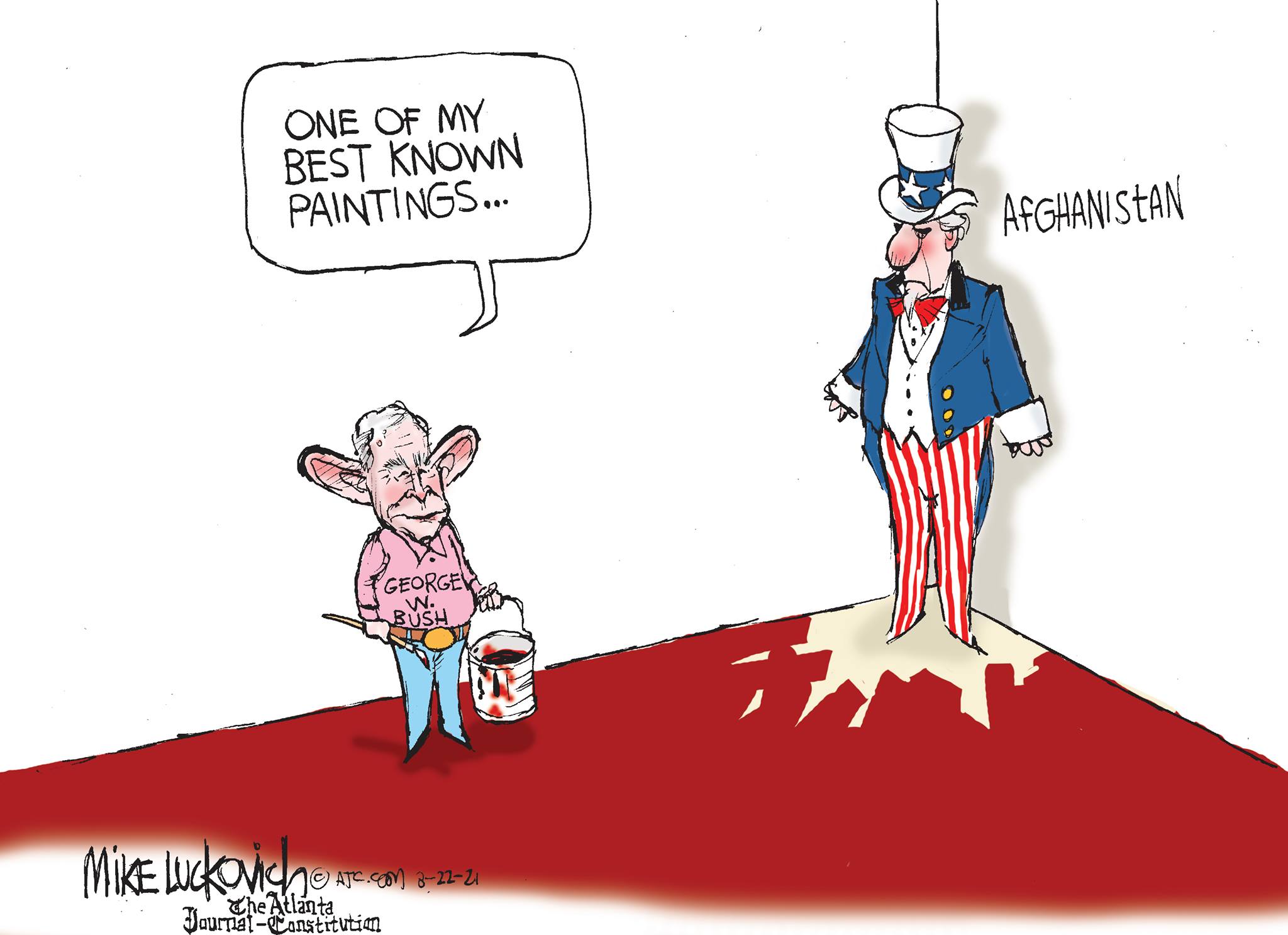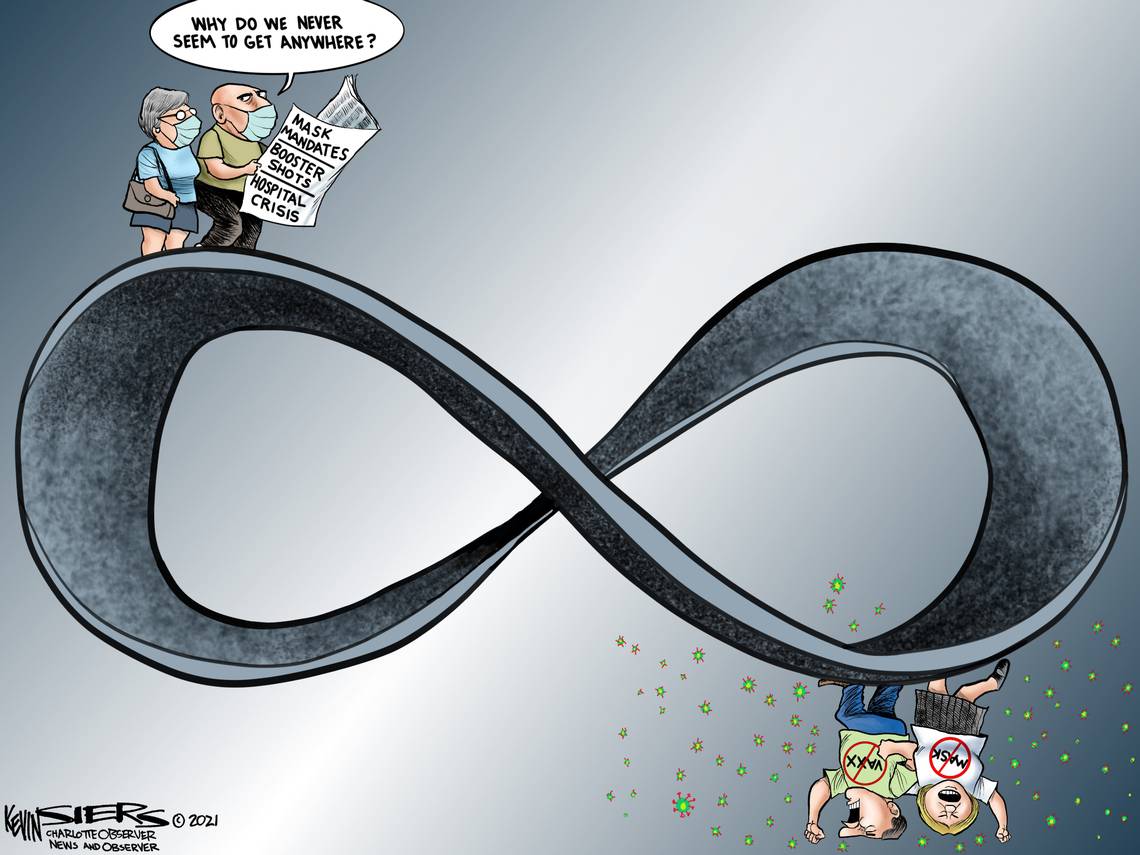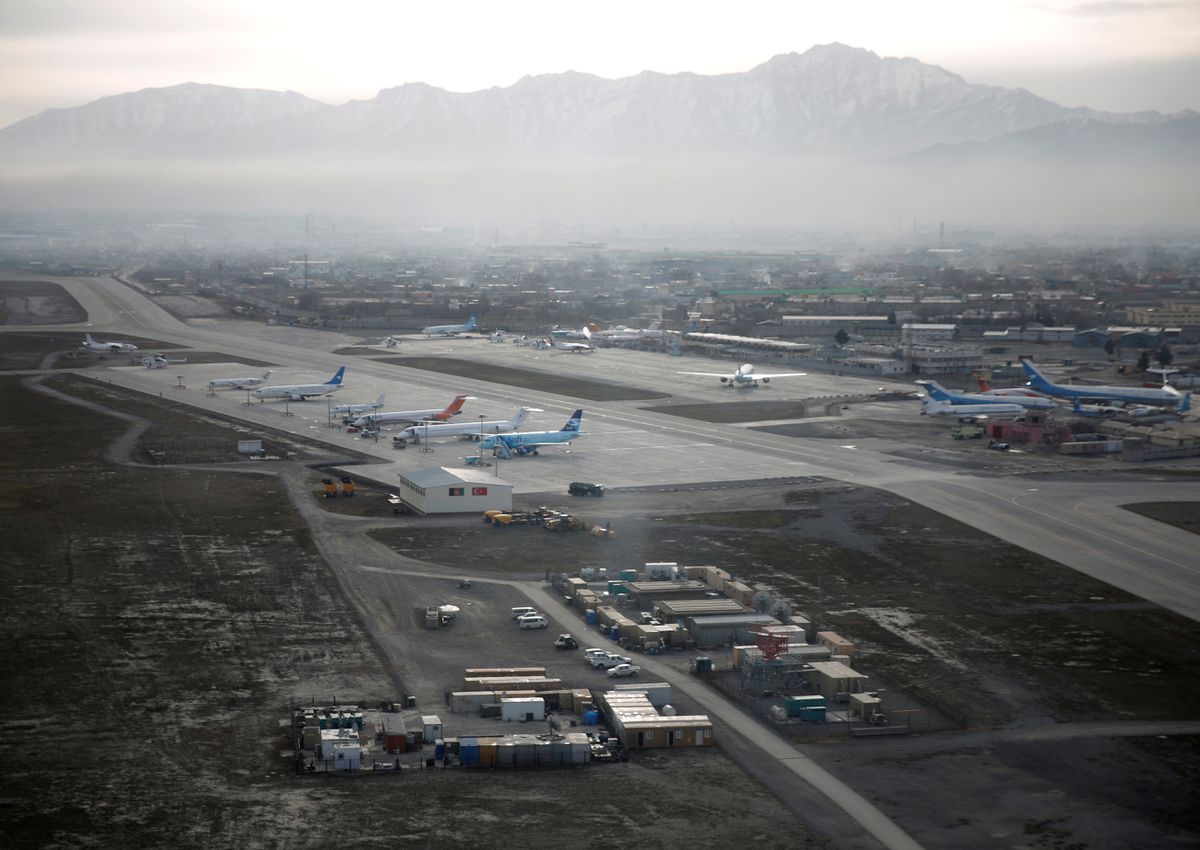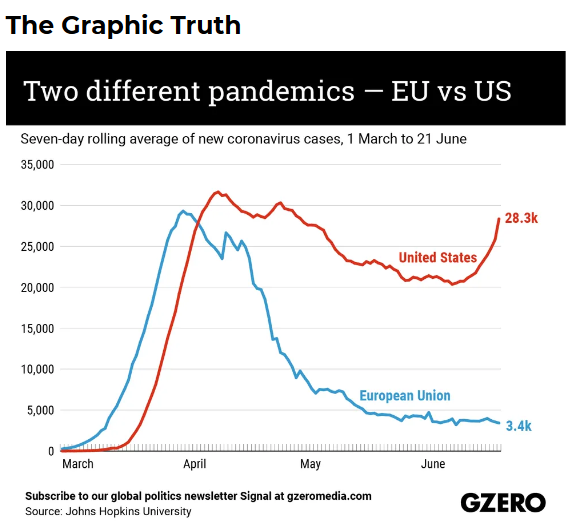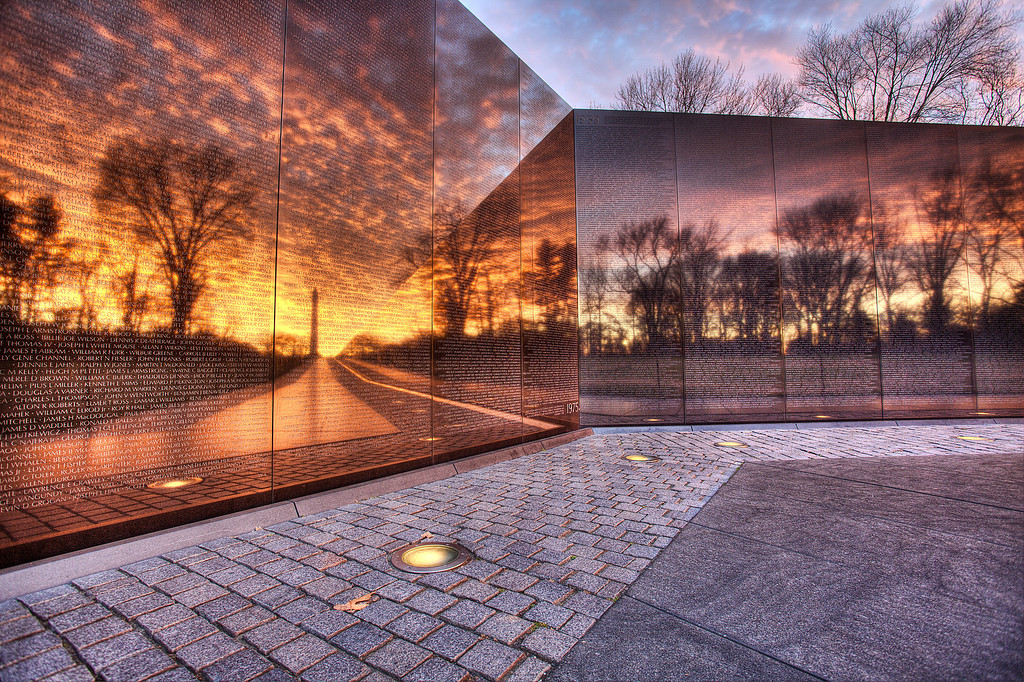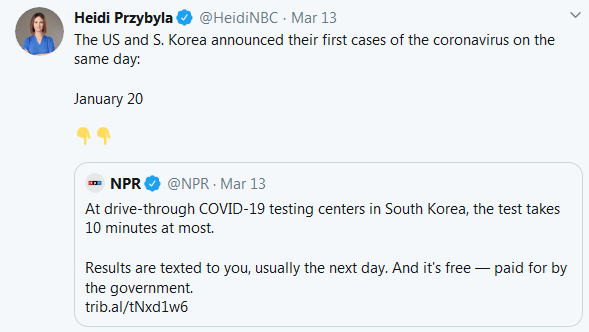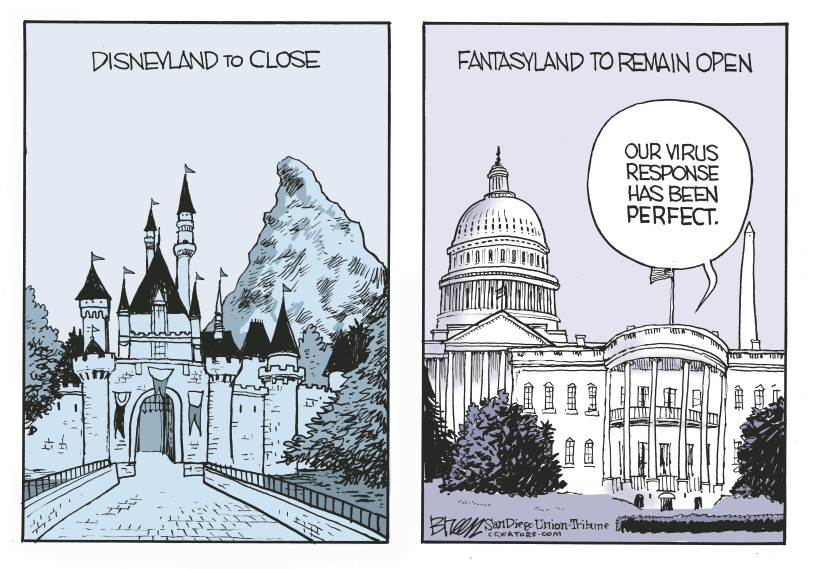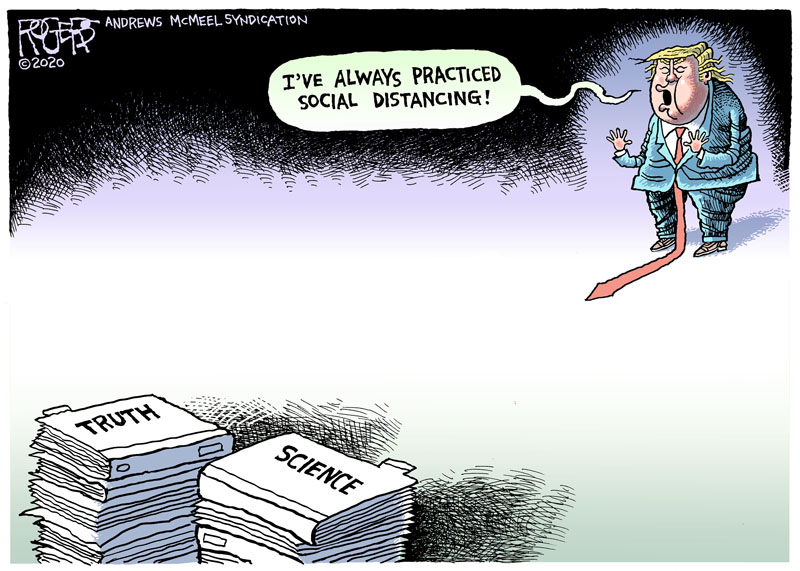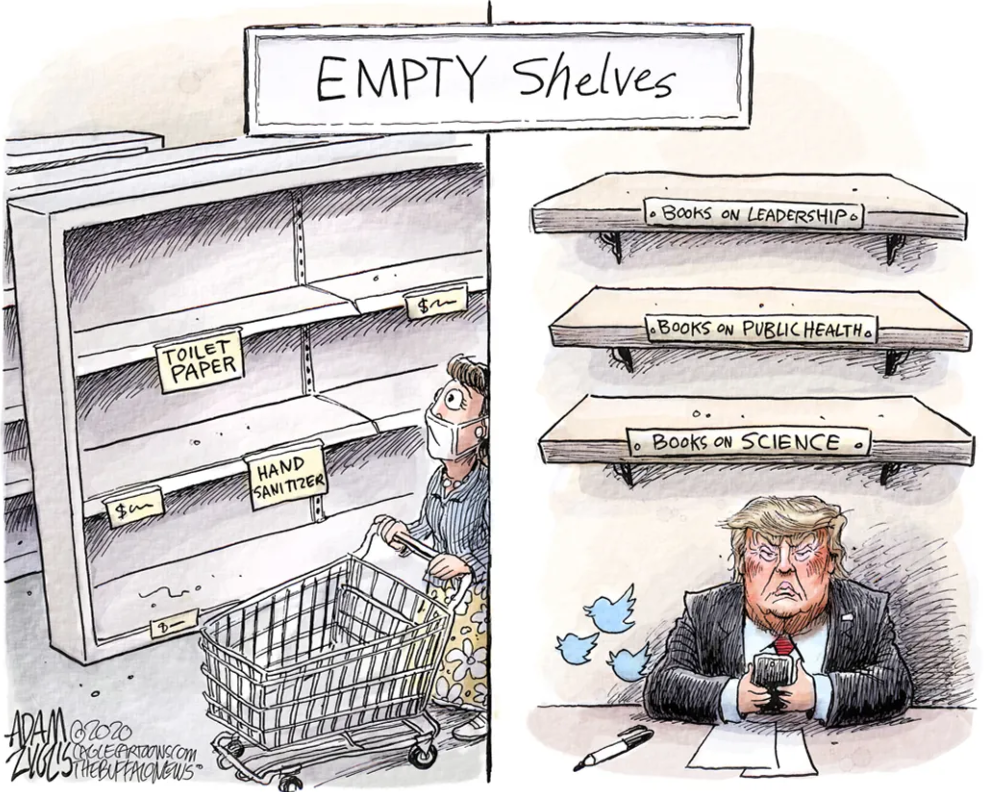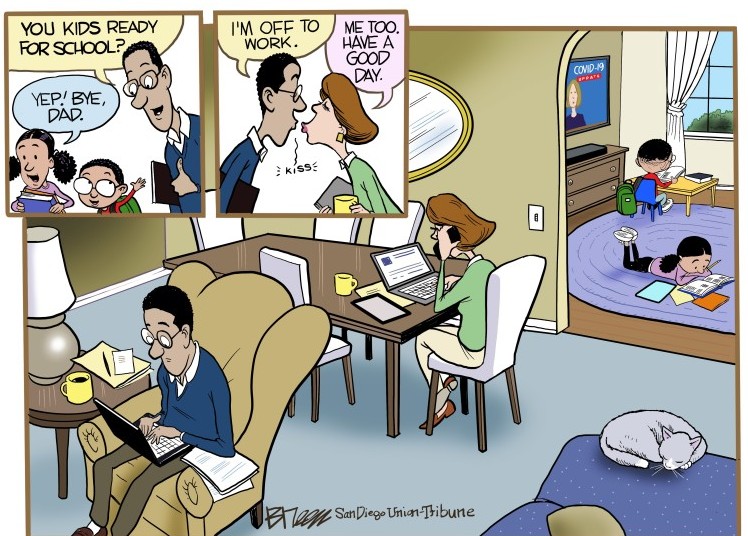The Daily Escape:

Sunset, Acadia NP – 2021 photo by Rick Berk Fine Art Photography
America will dissect its failed adventure in Afghanistan for decades. From Heather Cox Richardson:
“In the past, when American troops were targeted by terrorists, Americans came together to condemn those attackers. Apparently, no longer. While world leaders—including even those of the Taliban—condemned the attacks on US troops, Republican leaders instead attacked President Biden.”
What’s ahead of us now is seeing how the Biden administration manages defeat. There will be serious political fallout after Biden’s end game in Afghanistan is finished.
The Republicans are going to try to mix fact with fiction, scoring points to take advantage of what they perceive as a Biden weakness.
Democrats may be ambivalent enough about what they think Biden should have done with the Kabul end game that they won’t respond forcefully enough.
The media will play their “I Told You So” and “Biden is Damaged” narratives. They will continue giving airtime to the same retired military hacks who brought us Afghanistan in the first place.
The WaPo’s Eugene Robinson asks the relevant question:
“How, exactly, did the Biden administration’s critics think US military involvement in Afghanistan was ever going to end? “Certainly not like this” is not a valid answer…
Please be specific. Did you envision a formal ceremony at the US Embassy with the American flag being lowered and the Taliban flag raised? Did you see the Taliban waiting patiently while the US-trained Afghan army escorted US citizens, other NATO nationals and our Afghan collaborators to the airport for evacuation? Did you imagine that the country’s branch of the Islamic State would watch peacefully from the sidelines, or that regional warlords would renounce any hope of regaining their power, or that a nation with a centuries-old tradition of rejecting central authority would suddenly embrace it?
If there is a graceful, orderly way to abandon involvement in a brutal, unresolved civil war on the other side of the world, please cite historical precedents.”
That’s the problem, zero precedents.
There’s press and political criticism about Biden working with the Taliban. It’s at least ironic that we’re cooperating with them after 20 years of fighting them, but this is just both players being practical in an end game. In Biden’s press conference on Thursday, he rejected critics who said we shouldn’t be cooperating with the Taliban to defend the airport perimeter:
“No one trusts them…It’s a matter of mutual self-interest. They’re not good guys, the Taliban. But they have keen interests,”
That’s realpolitik pragmatism at work, something we rarely see. But Republicans are neither pragmatic nor calm. Some Republicans said Biden should resign, while most focused on demanding that the withdrawal timeline, set for Tuesday, be lifted to allow a forceful counterattack against the Islamic State. Saner Republicans in Congress cited the attack as another indication of the president’s poorly executed withdrawal strategy.
The most vocal Democratic criticism came from Sen. Robert Menendez (D-NJ), who questioned whether Taliban guards had failed by letting the ISIS bombers get so close to the Kabul airport.
“We can’t trust the Taliban with Americans’ security,”
Thank you Captain Obvious. The silliest response came from Sen. Marsha Blackburn (R-TN):
“It’s time for accountability, starting with those whose failed planning allowed these attacks to occur. Joe Biden, Kamala Harris, Antony Blinken, Lloyd Austin, and Mark Milley should all resign or face impeachment and removal from office,”
Under Blackburn’s scenario, Nancy Pelosi would become president! It’s doubtful that she thought that through.
Democrats didn’t demand GW Bush II’s resignation after 9/11. Nobody clamored for St. Ronnie’s head the day after 241 Marines were killed in Lebanon. There was fierce criticism of Reagan, but no one tried to invoke the 25th Amendment. The Bay of Pigs was an epic disaster, but Republicans did not immediately demand JFK’s resignation.
It’s time to move on. We need to end the evacuation on time. There is no question that we will leave some worthy immigrants behind. They will be a bargaining chip when the Talibs want US foreign aid or recognition.
Take a moment and try if you can, to settle into our Saturday Soother. Hard to believe it’s already the final weekend in August. It’s also hard to believe that Senator Robert F. Kennedy’s assassin, Sirhan Sirhan was granted parole on Friday after two of RFK’s sons spoke in favor of his release.
In the Northeast, we’ve ended a hot spell, but since we had plenty of rain from hurricane Henri, everything on the fields of Wrong is green and growing.
If you can, shed the noise of the world and take a few moments to clear your head. Then, grab a seat outside and listen to Michael Franti & Spearhead’s new tune, “Good Day For A Good Day“.
The band says the inspiration for the new song – waking up every day and wondering what terrible thing is coming: hate, pandemic, pollution, or disaster, and how we could replace that with a little bit of love, good vibes, and joy:
Like most Franti tunes, this is upbeat and fun.

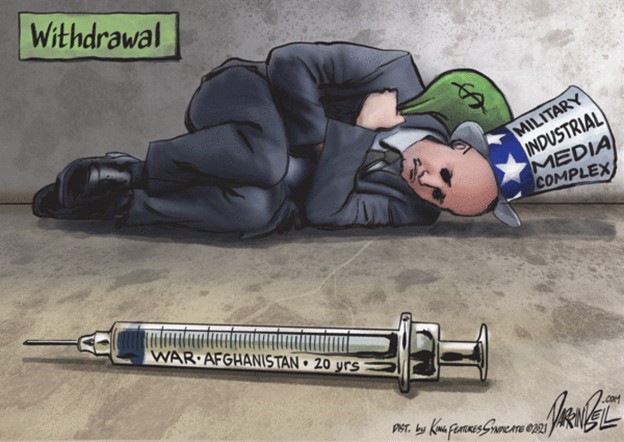

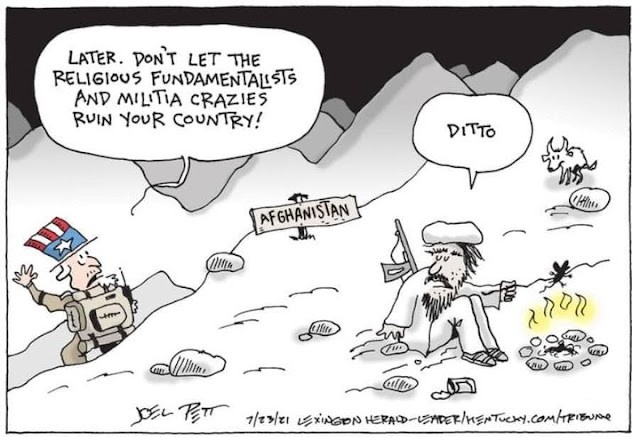
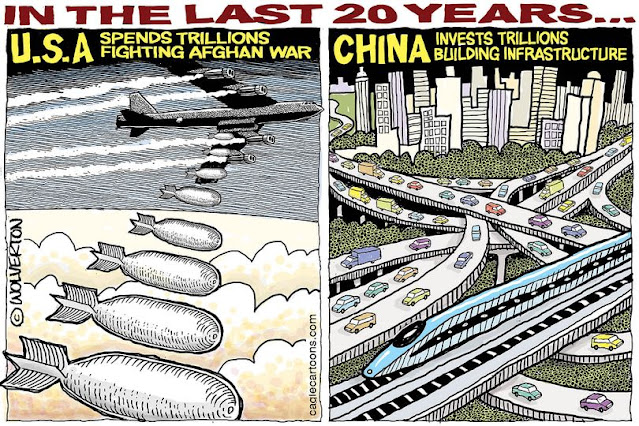
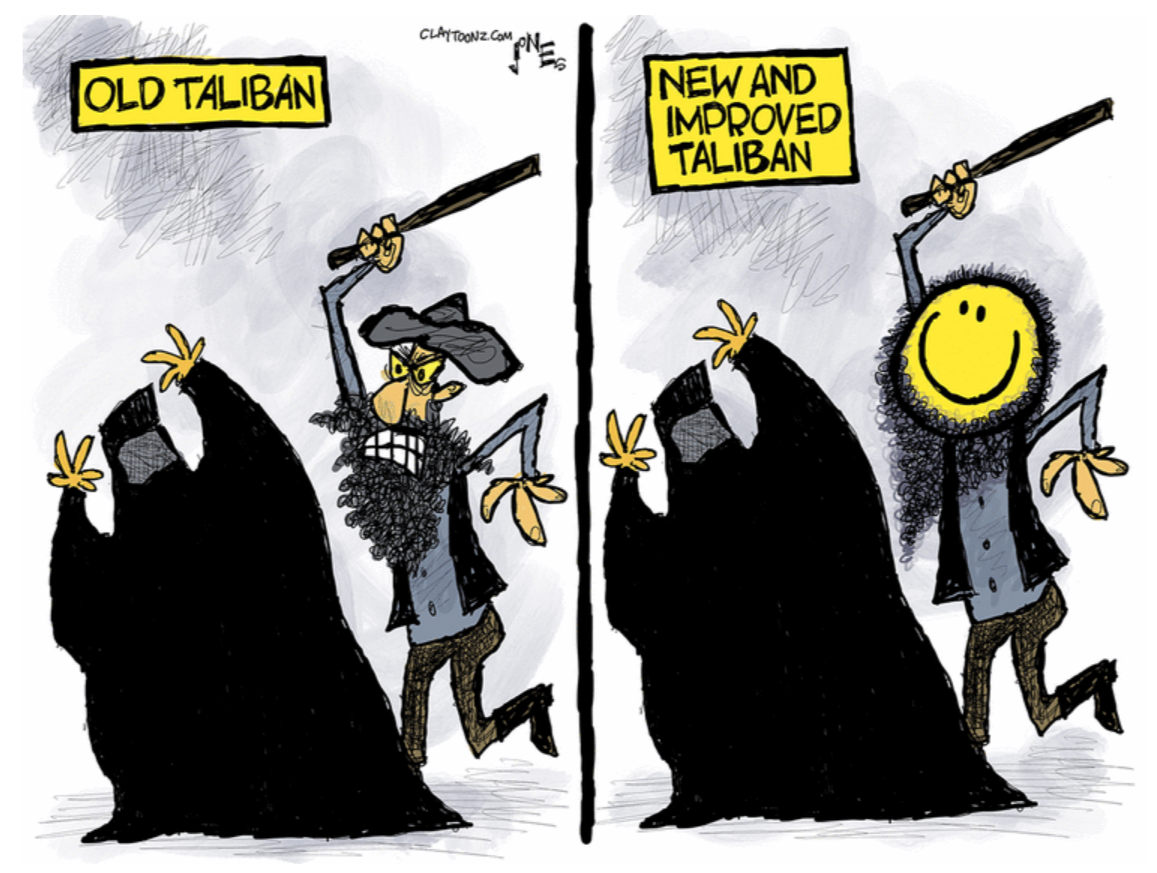 Bush famously painted us in the corner of both Iraq and Afghanistan:
Bush famously painted us in the corner of both Iraq and Afghanistan: